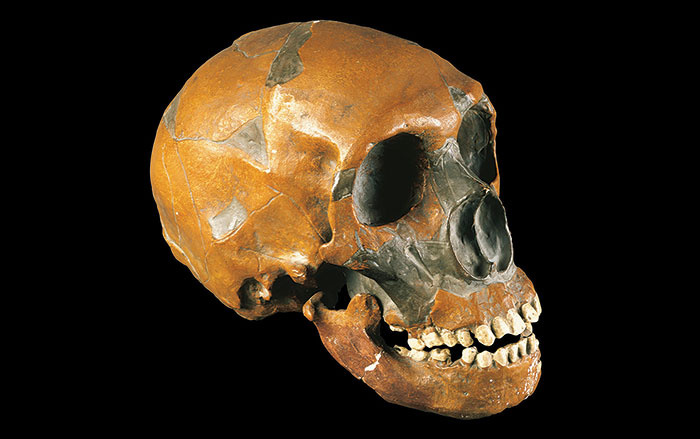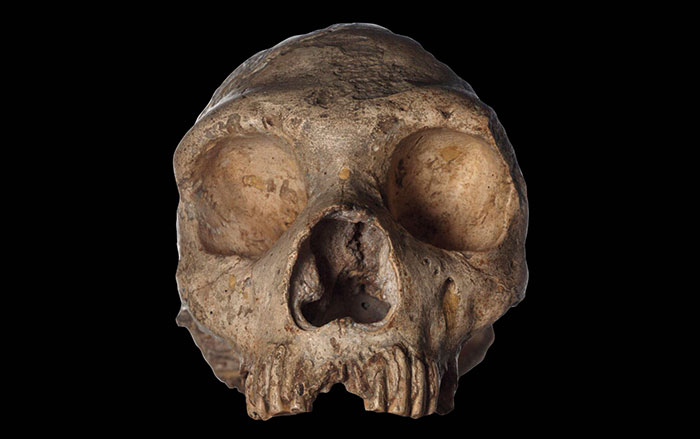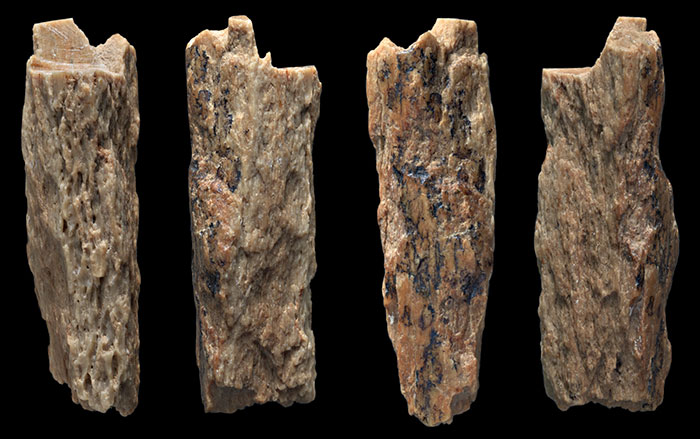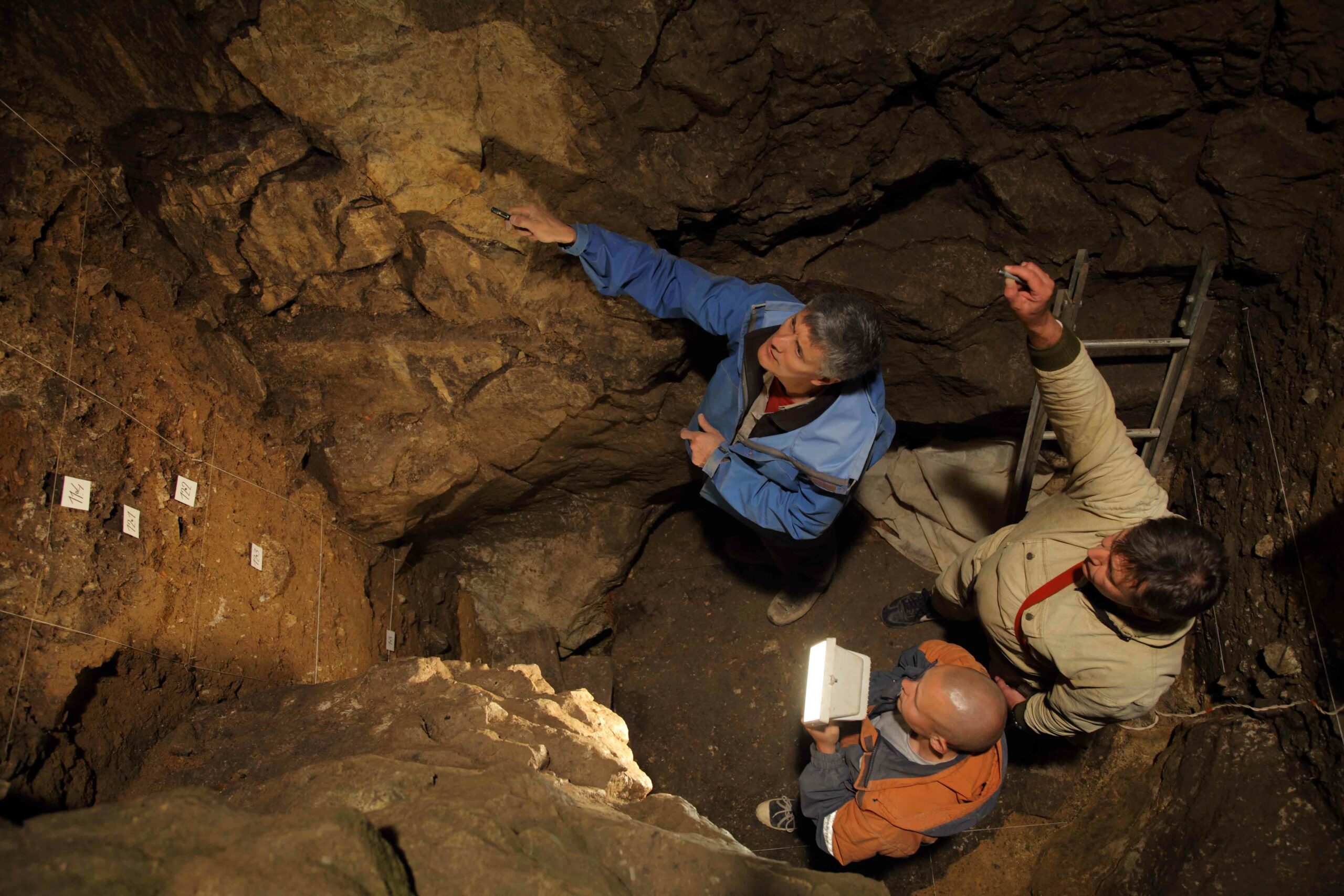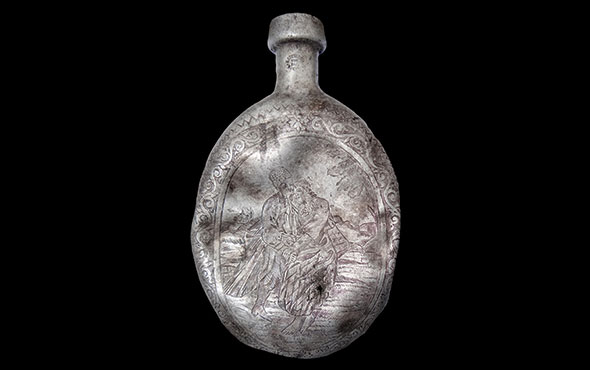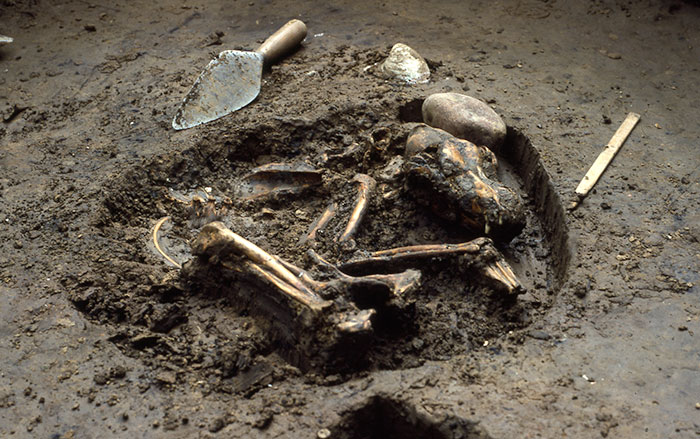
LEIPZIG, GERMANY—According to a Live Science report, paleoanthropologist Philipp Gunz of the Max Planck Institute for Evolutionary Anthropology suggests that modern humans who inherited certain fragments of Neanderthal DNA may have more oblong brains and skulls than other modern humans. Gunz and his colleagues took computed tomography scans of seven Neanderthal skulls and 19 modern human skulls, then constructed imprints of the skulls’ braincases. They compared the shapes of these braincases with MRI scans of some 4,500 people whose genetic data was also known. The data indicates Neanderthal DNA fragments in modern human chromosomes 1 and 18, which are linked to brain development, may produce less round heads. However, as neurogeneticist Simon Fisher of the Max Planck Institute for Psycholinguistics clarified, “The effects of the Neanderthal gene variants are small, you would not be able to see them in a person’s head shape when you meet them.” For more, go to “Decoding Neanderthal Genetics.”


